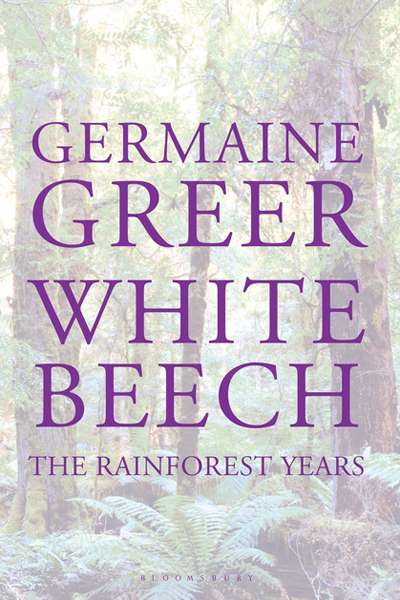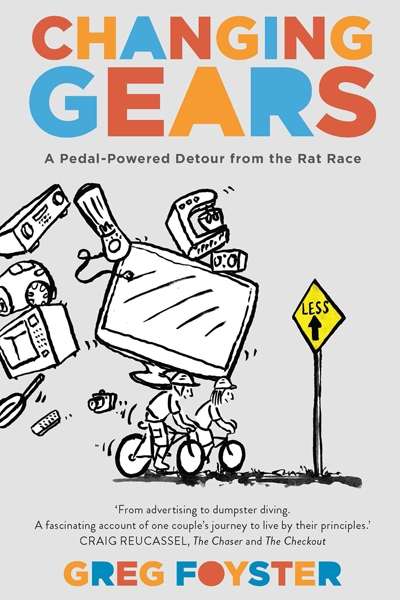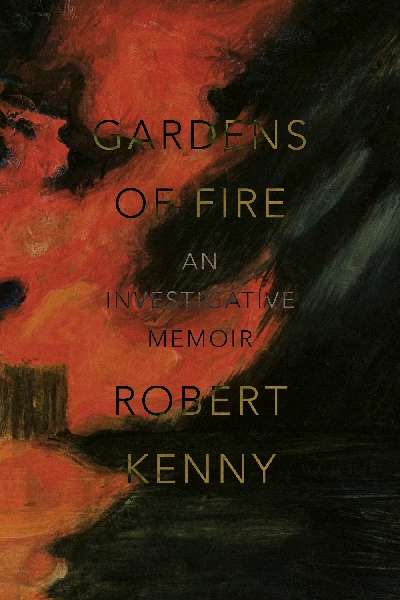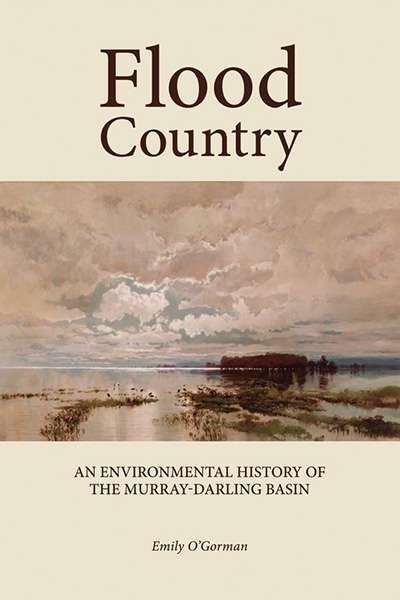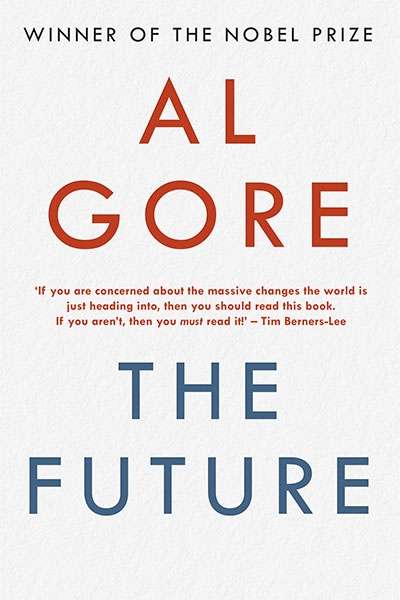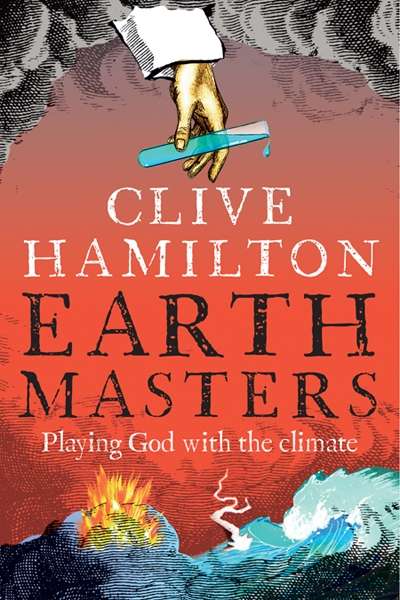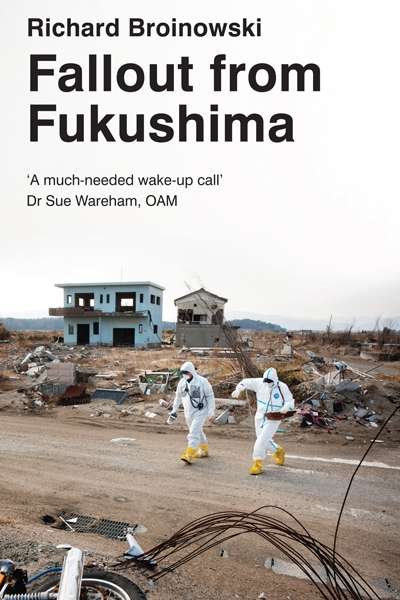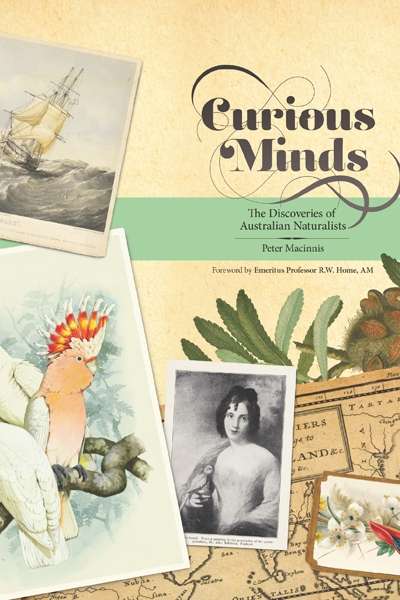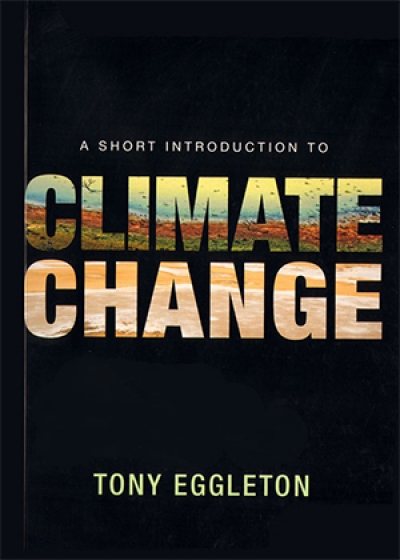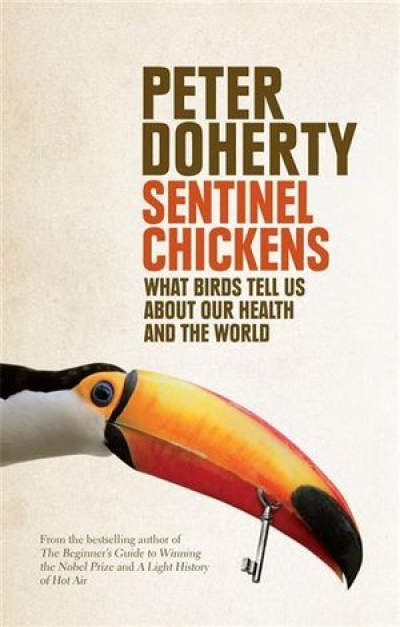Environment and Climate
John Thompson examines Germaine Greer’s sober, meditative, deeply moving account of her efforts to regenerate sixty hectares of degraded rainforest in the Gold Coast hinterland.
... (read more)Changing Gears: A Pedal-powered Detour from the Rat Race by Greg Foyster
With resource shortages looming and climate change a topic of intense discussion, it is becoming increasingly important for people to find ways to reduce their day-to-day consumption and carbon footprint. Greg Foyster’s Changing Gears seeks to explore the question of how to do so through the author’s own interesting, and no doubt exhausting, cross-country journey toward a greener way of living. Setting out to cycle from Melbourne to Cairns via Tasmania, which makes more sense in context, Foyster and his partner used the journey to force themselves into the sparse life of bicycle travellers, while visiting and interviewing a number of prominent experts and practitioners of conservation, green living, and social dynamics.
... (read more)Gardens of Fire: An Investigative Memoir by Robert Kenny
As I write this article in my Adelaide Hills home, surrounded by native eucalypts and introduced fruit trees, large areas in New South Wales are dealing with the consequences of some of the worst bushfires in recorded history. Remarkably, given the unseasonally extreme weather, the rugged terrain, and the ferocity of the fires themselves, there have been few human casualties. Nevertheless, the cost will be enormous, not only in terms of the physical reconstruction required, but also of the effort required for individuals and families to rebuild lives from the ruins of their destroyed habitations. I live in a bushfire-prone area, in a house that could not be easily defended in the inferno of a firestorm. We have made our plans. We think we know what to do in the face of the fire emergency we hope will never eventuate. But how would we cope in such a situation? In practice, we have no idea.
... (read more)Flood Country: An Environmental History of the Murray–Darling Basin by Emily O’Gorman
A friend and colleague from Europe visited in October 2010 for the first time in almost a decade. I had peppered him in the intervening years with emails bemoaning the long drought, the record heat, the lack of rain, the bushfires, the water restrictions, the young and old trees dying, the rivers ceasing to flow and finally drying altogether. I had described the har ...
Confronting the void that awaits any failed US presidential nominee is a tough gig. Short shrift is given to those who have come so far, only to fall short at the last hurdle. Take Bob Dole, who became a shill for Viagra in the late 1990s after losing to Bill Clinton. God knows what the future holds for Mitt Romney. But there are also success stories. Jimmy Carter lost to Ronald Reagan in a landslide, but his humanitarian and peacekeeping efforts (for which he was awarded the Nobel Peace Prize) have yielded a legacy far better than the one proffered by his one-term tenure.
... (read more)‘No’ is not part of modern consumer life. ‘Yes’ is the catchcry of the market. Despite the best efforts of scientists and activists, it may be too late to phase out fossil fuels and find alternatives to the mass consumerism that is so dependent on them. Human-induced global warming’s tipping point is nigh. There is almost no turning back. Geo-enginee ...
In the aftermath of Chernobyl it is hard not to see nuclear disaster as the muse of abject horror. The degree of uncertainty surrounding life after catastrophe – genetic mutation, contaminated food supplies, mass displacement of townships – is unfathomable for governments and citizens alike. At a time when the need for accurate information is at its greatest, misinformation spreads quickly, sometimes deliberately. Reflexive distrust can be a handy survival mechanism to have during a national crisis.
... (read more)Curious Minds: The Discoveries of Australian Naturalists by Peter Macinnis
Curious Minds sets out to explore the naturalists and scientists who brought Australia’s flora and fauna into the public consciousness: on the face of it a laudable aim, but one not totally fulfilled. From the title onwards the book seems confused in its aims and in its style. Is the book intended to be about people (the curious naturalists), flora and fauna (their discoveries), or both? Does it aim to provide new insights about the twenty-six selected naturalists and the culture within which they worked, or is the intent to provide a popular, even slightly scurrilous, account of the lives of selected individuals?
... (read more)Wikipedia lists fifty-three books that are currently available on the subject of climate change, and this new book will make fifty-four. Such books fall into one of two groups: they either support the orthodoxy or dissent from it. Tony Eggleton’s book is one that supports it. It is well written, clear in its argument, quite even-handed, and comprehensive. I enjoyed reading it, even though I have my criticisms. Why do I criticise? Because I am a dissenter.
... (read more)Sentinel Chickens: What Birds Tell Us about Our Health and the World by Peter Doherty
Why would a famous virologist and immunologist (and Nobel laureate) write a book linking birds, human diseases, and ecological degradation? The answer is partly that Peter Doherty obviously has a soft spot for birds and birdwatching. He argues that anyone with an enquiring mind and a natural history ...
... (read more)

